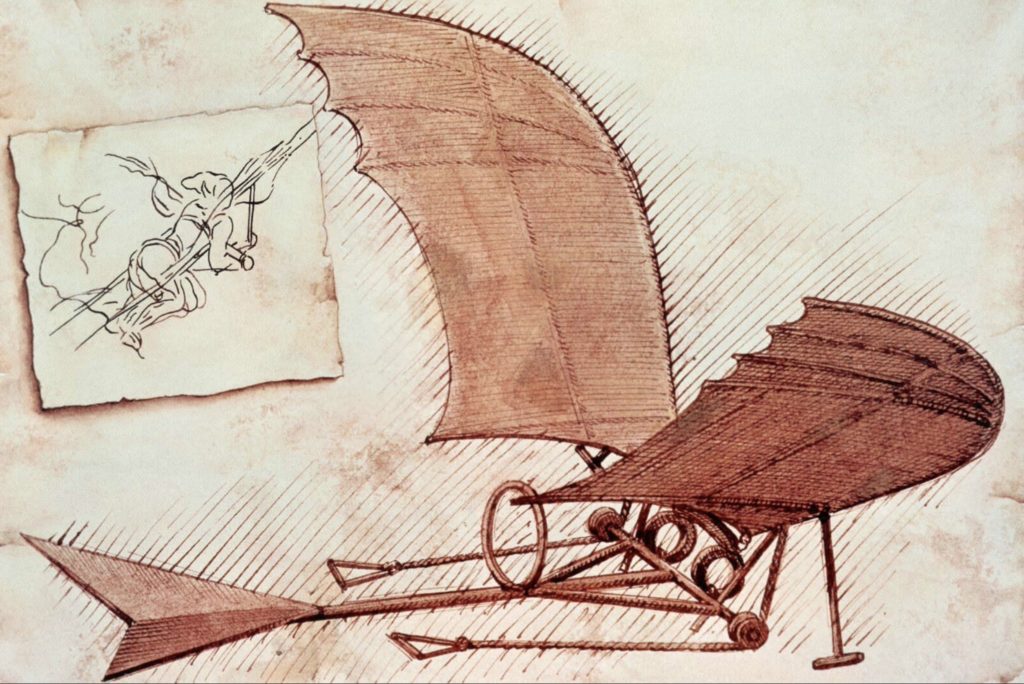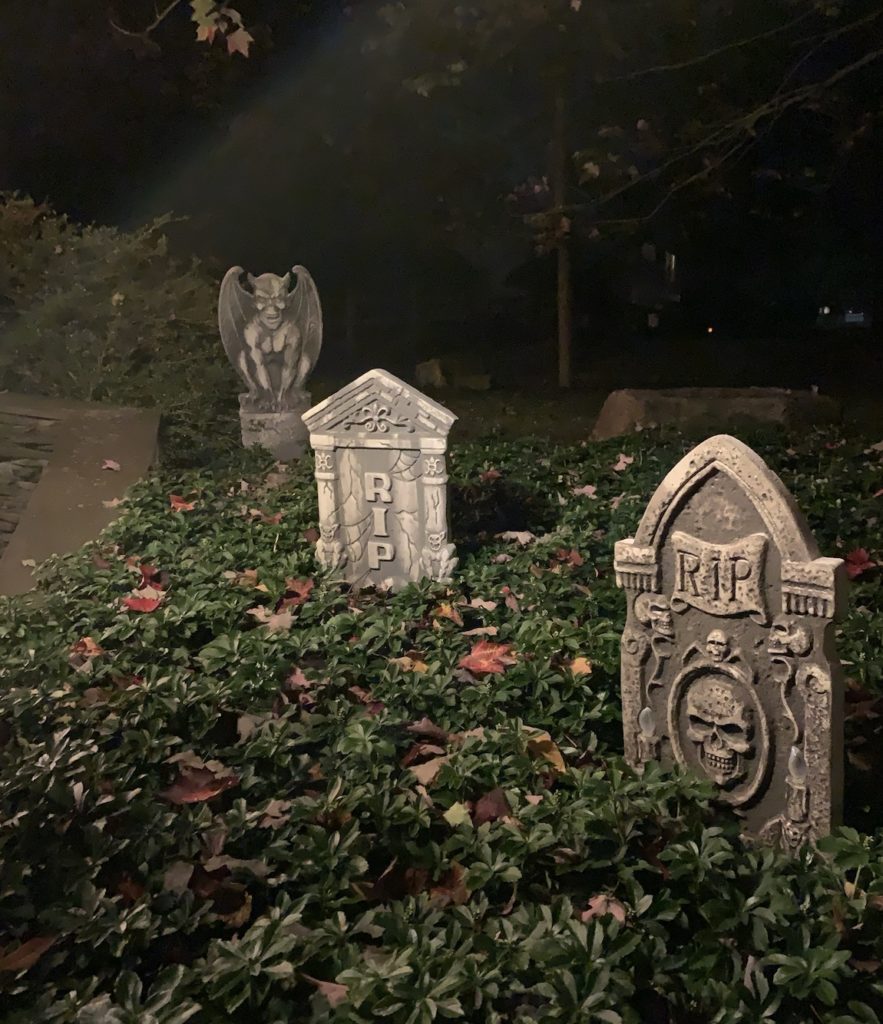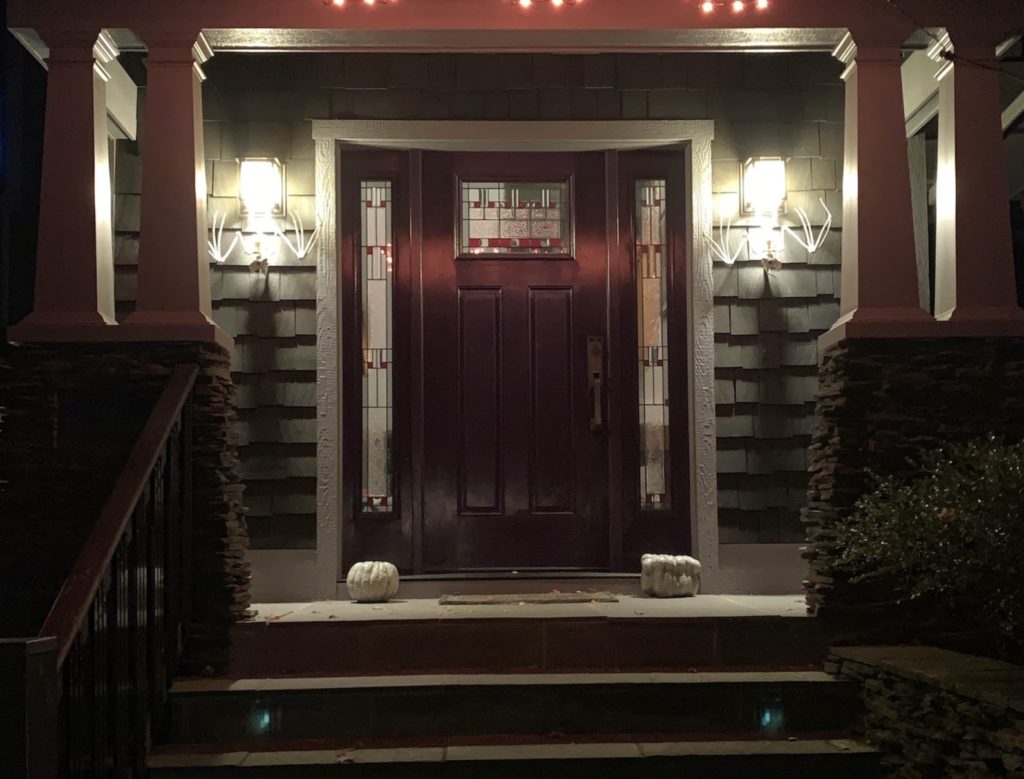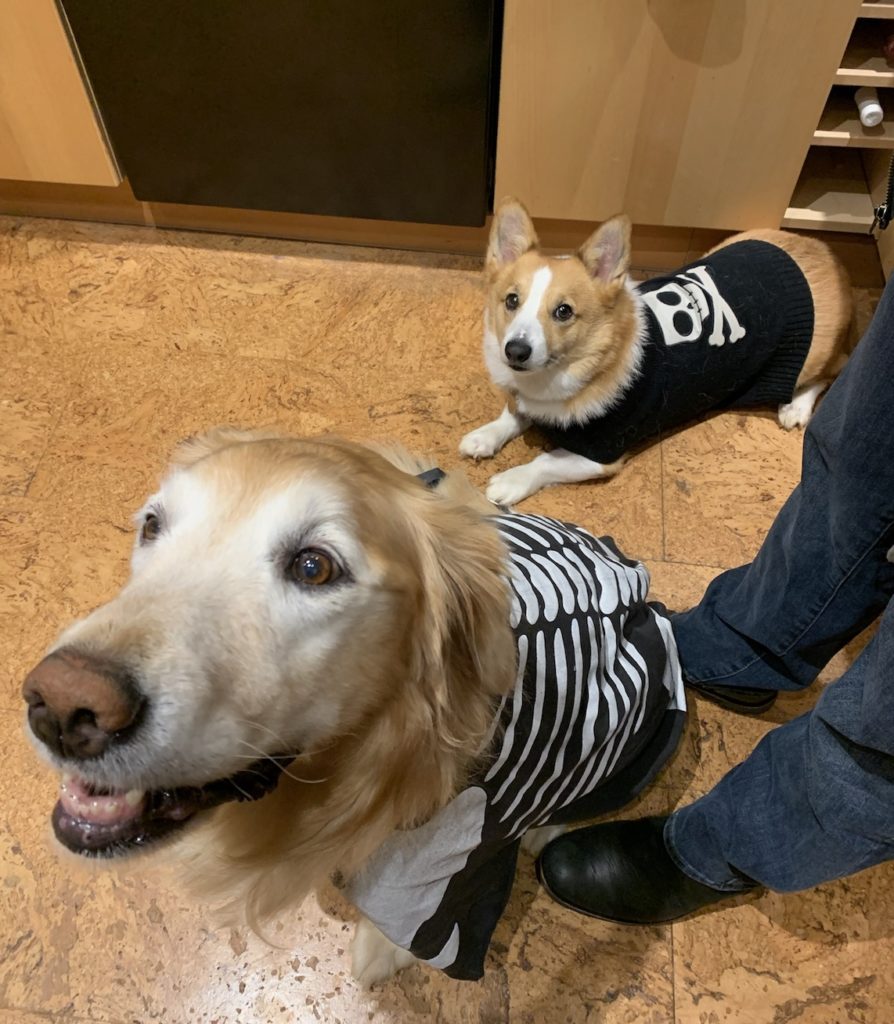 Our critique group’s most recent meeting (which we hosted at our house) took us up to the finale of the other member’s manuscript that we’ve been discussing. So, now it’s our turn in the hot seat once again.
Our critique group’s most recent meeting (which we hosted at our house) took us up to the finale of the other member’s manuscript that we’ve been discussing. So, now it’s our turn in the hot seat once again.
Critique sessions are a whole separate animal from having beta readers (which we do, also). There are lots of different ways to run a group, but here’s what works well for us.
- choose one manuscript to focus on
- the author provides a chunk of pages in advance, and whatever guidance they wish regarding the kind of feedback they’re looking for
- at the meeting, each member shares input and suggestions, asks questions, etc. about those pages
- avoid spending a lot of time on typos and other picky things
Note that this means no one can read ahead, so the author can gauge how well the clues are working, how readers feel about the protagonist at each stage, etc. It’s up to the author how much to reveal, which questions to answer, and so on. Rune Skelley tends to be very tight-lipped. We enjoy getting the rest of the group trying to guess what we’re up to.
Another thing that’s up to each author is whether to bring stuff in before the whole book is written. We’ve done it both ways, and found reasons not to share works-in-progress for critique anymore. For us, the feedback only muddied things at that stage. But some folks thrive on it, and use the requirement of handing out pages by the next meeting as a motivational tool. Do what works for you.
The best part of any critique group meeting is when members start debating what the pages mean and basically forget that the author is there. As the author, that provides a ton of insight into what’s working and why. It’s also nice when your fellow writers come right out and tell you what they thought was effective, or where they felt something needed more work. Just be sure not to settle for “it was good” — these are your colleagues, so they should be able to articulate their reasons for responding a certain way.
A writing partner is someone who kicks Kent under the table when he’s about to blurt out a major spoiler.
![]() Research is an important part of writing, even when you’re writing novels about ghosts. And it’s fun to absorb new knowledge. Beware, though: in this age of instant access, falling down a rabbit-hole and spending the whole day on “research” is a constant risk. That’s why it’s important that you develop the discipline to stay focused and only devote time to topics with legitimate relevance to your project.
Research is an important part of writing, even when you’re writing novels about ghosts. And it’s fun to absorb new knowledge. Beware, though: in this age of instant access, falling down a rabbit-hole and spending the whole day on “research” is a constant risk. That’s why it’s important that you develop the discipline to stay focused and only devote time to topics with legitimate relevance to your project.




